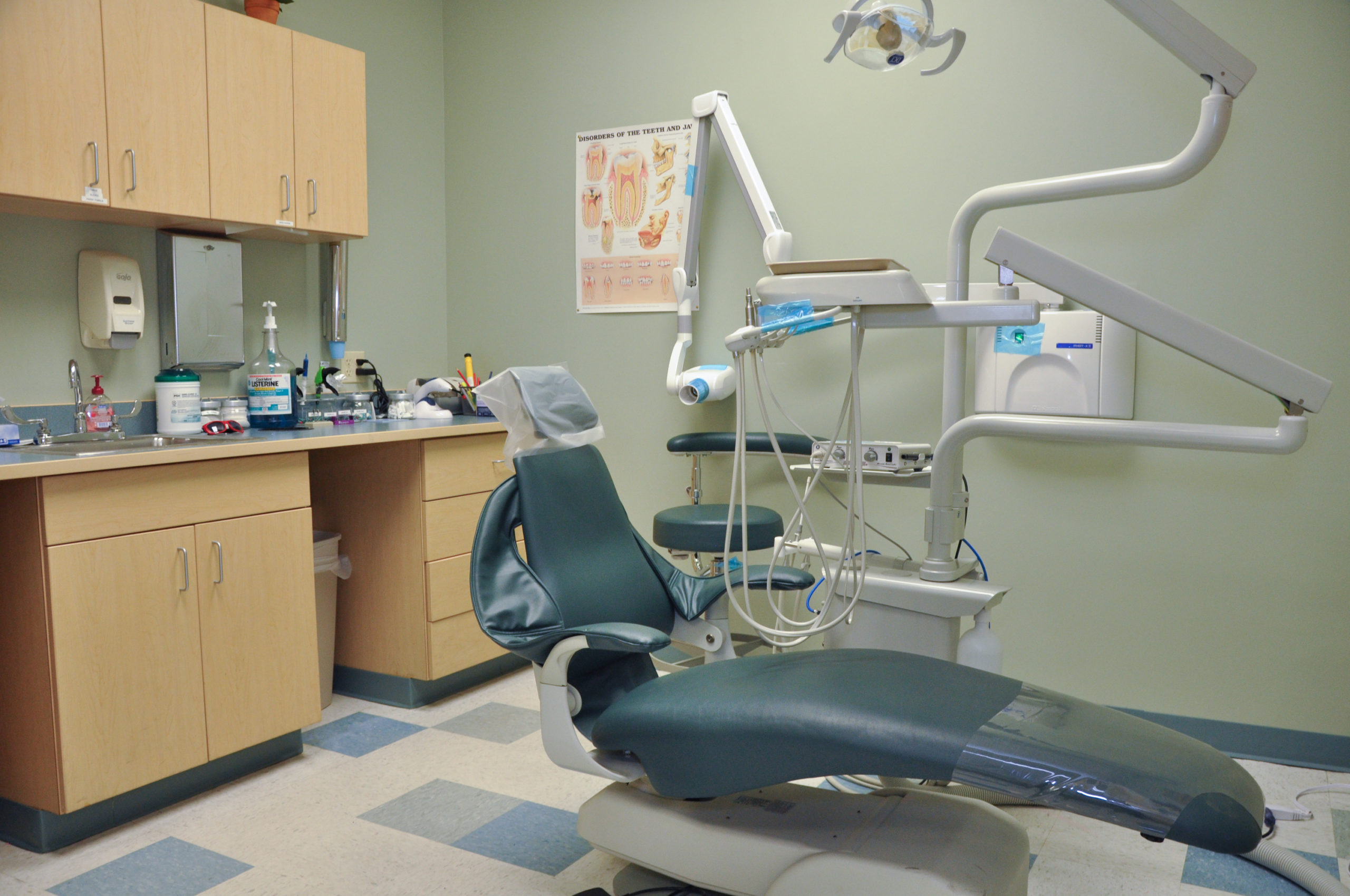Meet Your Pleasant Community Dentist Eugene OR and Their Solutions
Meet Your Pleasant Community Dentist Eugene OR and Their Solutions
Blog Article
Discover Constant Dental Issues Your Dental Expert Can Deal With
Recognizing constant oral issues is critical for maintaining optimum oral health. Issues such as cavities, gum tissue disease, tooth sensitivity, foul-smelling breath, and tooth decay are usual yet typically ignored until they become serious. Dental professionals possess the experience to identify and deal with these conditions, thereby preventing more complications. Normal dental check outs and personalized care strategies can attend to these issues successfully, guaranteeing a healthier and brighter smile. Yet what specific treatments do dental practitioners use to combat these concerns, and exactly how can early intervention make a distinction? The solutions to these questions supply valuable insights into securing your dental health.
Cavities
Cavities, additionally referred to as tooth decays, are a common oral health and wellness issue created by the demineralization of tooth enamel because of acid manufacturing from microbial plaque. This procedure starts when microorganisms in the mouth metabolize sugars and starches from food, generating acids that deteriorate the enamel. Otherwise attended to quickly, this disintegration can pass through much deeper right into the tooth, affecting the dentin and ultimately the pulp, possibly causing severe pain and infection.
The onset of cavity development typically present as white places on the tooth surface area, showing first demineralization. As the procedure progresses, these spots can become black or brownish sores, representing much more comprehensive decay. Regular oral examinations are important for early detection, as tooth cavities in their nascent phases can be treated with remineralization methods, such as fluoride treatments.
Once a tooth cavity has created, restorative treatment is essential. Dental experts commonly remove the decayed section of the tooth and fill the cavity with materials such as composite material, amalgam, or ceramic. In more serious instances, a crown or origin canal treatment may be needed. Safety nets, including excellent dental hygiene techniques and nutritional alterations, play a critical function in alleviating the risk of cavities.
Gum Tissue Condition
While cavities represent a significant concern for oral wellness, another critical concern that requires focus is periodontal illness. Also understood as gum disease, gum tissue illness is an inflammatory problem influencing the tissues bordering and supporting the teeth. It is mainly created by the build-up of plaque-- a sticky film of microorganisms that creates on teeth.
Periodontal condition proceeds via phases, beginning with gingivitis, defined by soreness, swelling, and bleeding periodontals (dentist eugene oregon). If left neglected, gingivitis can rise to periodontitis, where the inner layer of the periodontal and bone pull away from the teeth, forming pockets that become contaminated. Over time, the contaminants generated by the bacteria break down the bone and connective cells that hold teeth in position, possibly leading to tooth loss
Very early detection and treatment are critical. Expert dental cleansings and improved dental hygiene methods, such as cleaning two times day-to-day and flossing, can manage gingivitis. For advanced stages, therapies might include scaling and root planing, antibiotics, or perhaps medical treatments.
Routine dental check-ups play a pivotal role in protecting against and taking care of gum tissue illness. Dental professionals can determine very early indications and advise ideal interventions, guaranteeing the maintenance of healthy gums and total dental wellness.
Tooth Level Of Sensitivity
Tooth sensitivity influences millions of individuals worldwide, presenting a common go now yet typically upsetting oral issue. This problem develops when the enamel, the outer safety layer of the teeth, is jeopardized, exposing the underlying dentin. The dentin includes microscopic tubules that lead directly to the oral pulp, where nerves stay. When revealed to stimulations such as warm, cool, pleasant, or acidic compounds, these nerves are caused, causing sharp discomfort or pain.
Several factors contribute to enamel erosion and succeeding tooth sensitivity, including hostile brushing, acidic foods and drinks, periodontal recession, and bruxism (teeth grinding) Additionally, oral treatments such as teeth lightening can briefly increase level of sensitivity.
Negative Breath
An additional prevalent oral problem that impacts people' everyday lives is negative breath, medically labelled bad breath. Bad breath commonly stems from bad dental hygiene, which permits food fragments to stay in the mouth, cultivating microbial development.

Recommendations may involve boosting dental hygiene techniques, such as regular cleaning and flossing, making use of anti-bacterial mouthwashes, staying hydrated, and addressing any oral problems. Effective management of bad breath not only enhances oral health and wellness however also significantly enhances high quality of life.
Tooth Degeneration

Protecting against dental caries entails a mix of great oral health practices and regular dental examinations. Cleaning teeth at the very least twice daily with fluoride toothpaste, flossing to remove plaque in between teeth, and restricting the consumption of sweet foods and drinks are necessary browse around here safety nets. Fluoride therapies, oral sealers, and expert cleansings given by a dental professional can likewise play a considerable role in fortifying enamel and avoiding decay.
When tooth decay occurs, very early treatment is vital. Dental practitioners can remove decayed tissue and recover the tooth with fillings made from products such as composite resin, amalgam, or porcelain. In more sophisticated cases, therapies like crowns, root canals, or extractions might be essential. By resolving dental caries without delay, dental practitioners assist preserve oral framework and function, ensuring lasting dental health and wellness.
Conclusion
Dealing with typical oral problems such as tooth cavities, periodontal illness, tooth sensitivity, foul-smelling breath, and tooth decay is critical for preserving ideal dental health and wellness and overall well-being. Dental practitioners possess the know-how to identify and treat these concerns efficiently, guaranteeing customized take care of each patient. Normal preventive steps and oral exams are essential in recognizing and taking care of these problems early, promoting a healthier and more confident smile over a life time.

Tooth decay, also known as oral cavities, occurs when the enamel, the outer layer of the tooth, is eroded by acids generated by germs in the mouth. Cleaning teeth at the very least two times daily with fluoride tooth paste, flossing to get rid of plaque between teeth, and restricting the intake of sugary foods and beverages are necessary preventive actions.Attending to usual dental concerns such as dental caries, periodontal illness, tooth sensitivity, bad breath, and tooth degeneration is essential for keeping ideal oral health and total wellness.
Report this page